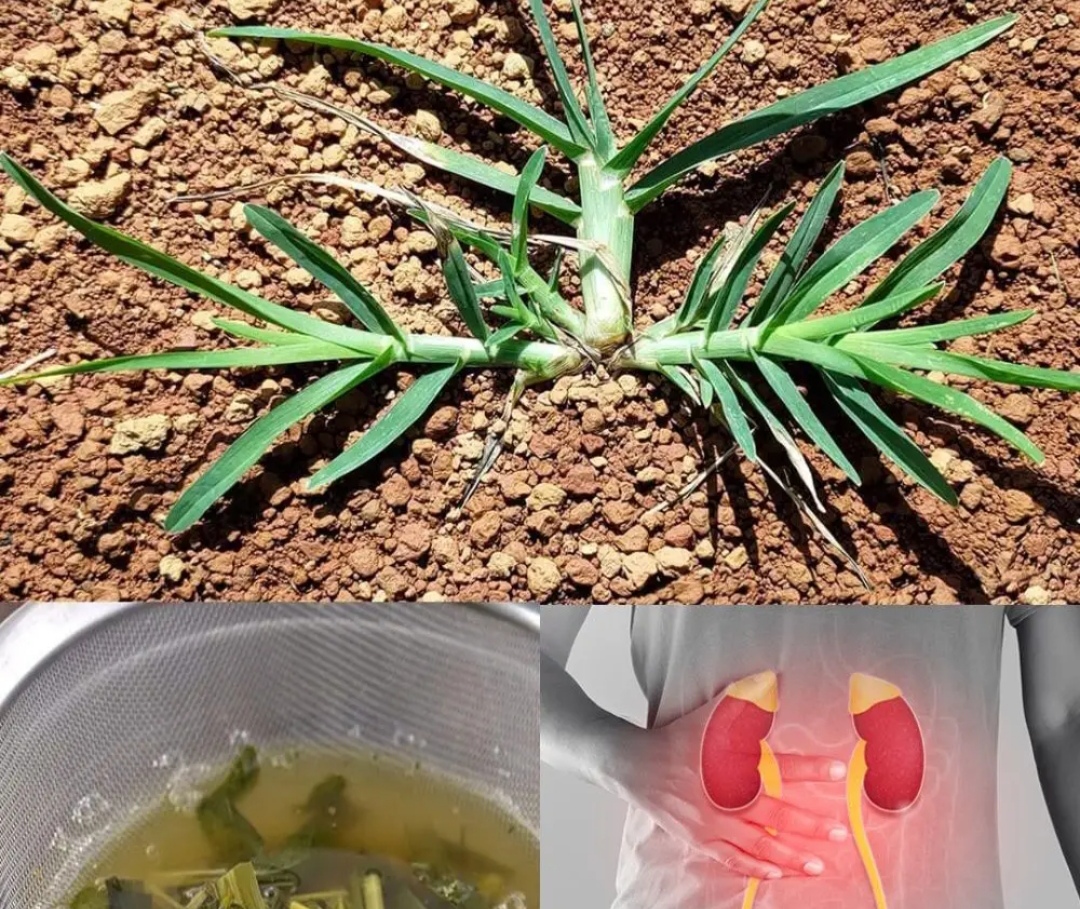Introduction
Goosegrass (Eleusine indica), also known as cleavers or stickyweed, is a traditional herb widely used in natural medicine for its numerous health benefits. Known for its detoxifying properties, goosegrass has been particularly celebrated for supporting kidney health. This article delves into the key benefits of goosegrass and why it’s a valuable addition to any kidney health regimen.
What is Goosegrass?
Goosegrass is a hardy herb commonly found in tropical and subtropical regions. Its long, slender leaves and sticky texture make it easy to identify. In traditional herbal medicine, the entire plant is often used to prepare teas, tinctures, or powders to promote detoxification and support urinary system health.
Key Benefits of Goosegrass for Kidney Health
- Natural Diuretic
Goosegrass is renowned for its diuretic properties, which help increase urine production. This can assist the kidneys in flushing out toxins, reducing the risk of kidney stones, and preventing urinary tract infections (UTIs). - Reduces Inflammation
Chronic inflammation can lead to kidney damage over time. Goosegrass contains anti-inflammatory compounds that can help protect the kidneys and promote overall urinary tract health. - Supports Detoxification
The kidneys play a vital role in detoxifying the body. Goosegrass enhances this process by promoting the elimination of waste products and excess fluids, helping the kidneys function more efficiently. - Combats Urinary Tract Infections (UTIs)
Goosegrass’s antimicrobial properties can help combat bacteria responsible for UTIs. Regular consumption of goosegrass tea may help prevent recurring infections and improve overall urinary health. - Prevents Kidney Stones
Goosegrass is believed to help break down small kidney stones and prevent their formation by promoting proper urine flow and reducing mineral buildup in the kidneys. - Rich in Antioxidants
Goosegrass contains antioxidants that combat oxidative stress, a common factor in kidney damage. These antioxidants protect kidney cells from free radical damage and improve overall kidney health.
How to Use Goosegrass for Kidney Health
- Goosegrass Tea
Wash fresh goosegrass thoroughly.
Boil a handful of the herb in 2 cups of water for 10–15 minutes.
Strain and drink warm. Consume 1–2 cups daily.
- Goosegrass Powder
Add 1 teaspoon of dried goosegrass powder to warm water or a smoothie.
Drink once daily for detoxification and kidney support.
- Tincture
Goosegrass tinctures are available in health stores. Follow the recommended dosage on the label.
Precautions and Considerations
Consult a healthcare provider before using goosegrass, especially if you have an existing kidney condition or are taking medications.
Pregnant and breastfeeding women should avoid goosegrass unless advised by a doctor.
Overuse may cause dehydration due to its diuretic properties, so ensure adequate water intake.
Conclusion
Goosegrass is a powerful herb with a long history of use in supporting kidney health. Its diuretic, anti-inflammatory, and antioxidant properties make it a valuable natural remedy for detoxification and urinary tract health. Incorporating goosegrass into your routine can help protect your kidneys and improve overall well-being.
What are your thoughts?
Have you tried goosegrass for kidney health? Share your experiences or questions in the comments below!

